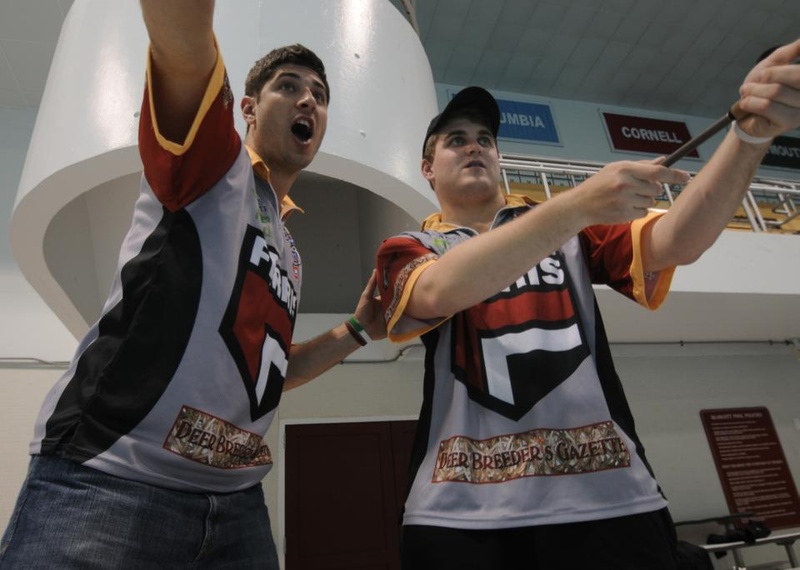Manny Cominsky’s presence at the podium early on the second day of the Cabela’s Collegiate Big Bass Bash on Lake Lavon in Wylie, Texas must have drawn more than a few curious glances. It wasn’t immediately clear what school he represented—his jersey carried no indication of it—and certainly no one could recall seeing him at a tournament before.
Then the announcer called out the name of his school: Harvard University, a place situated 1,520 miles from where he currently stood and even farther away from anyone’s impression of a contender in collegiate bass fishing.
But there was no getting around it. In the day’s first session, the sophomore from Utica, New York had placed second out of 94 anglers, with a bass weighing in at 3.77 pounds. As the saying goes, everything’s bigger in Texas, but that doesn’t usually apply for a Yankee from the Northeast.
IF YOU TEACH A MAN TO FISH...
What was perhaps more remarkable than his big catch was that Cominsky and his teammate, sophomore Jake Boy, had even made it to Texas in the first place.
“In these tournaments, there are a lot of regional schools that own their own boats, get in the truck in the morning, drive to the lake, and compete,” said Association of Collegiate Anglers director Danny Blandford. “[The Harvard team] traveled farther, didn’t have a boat, and didn’t have tournament experience.”
But the path to Lake Lavon was even more complicated than that—as early as this fall, no such fishing student organization existed at Harvard.
The origins of what is now known as the Harvard Fishing Club lie in the spring of 2011, in an aborted attempt by a pair of seniors on the football team to start a Harvard chapter of Ducks Unlimited, a non-profit group committed to wetland conservation. Though the endeavor was ultimately unsuccessful, Cominsky was peripherally involved and decided to pursue the cause further, through a different avenue.
“[A Harvard chapter of] Ducks Unlimited would have to be controlled by the national organization, and in order to have a club at Harvard, it needs to be autonomous,” Cominsky said. “I happened to be surfing the web one day and came across a college fishing website. It looked like a lot of fun, and I realized it could achieve the same goals as Ducks Unlimited—to raise money and awareness for conservation purposes—just in a different way.”
At the same time, Cominsky, then a member of the football team, was dealing with a torn labrum suffered during the 2011 season, for which he underwent surgery in December, keeping his shoulder in a sling for six weeks. Confronted with the prospect of an arduous rehab, Cominsky decided it was in his best interest to leave the team.
With his newfound wealth of free time, Cominsky searched for a way to stay active and found it in the burgeoning fishing club, which was showing promising signs of growth.
Cominsky began working on the Office of Student Life’s application for official club standing in November, which includes a constitution, signed commitments from a faculty adviser, and a proposed annual budget.
On December 19th, Cominsky pitched his proposal to the university administration, and on January 17th, he received an email notifying him that the Harvard Fishing Club had been officially recognized as a student organization.
REELING IT IN
But Cambridge, Mass. is not exactly an outdoor sports hotbed. According to the club’s constitution, one of its primary purposes is to participate in tournaments, but most competitive bass fishing is conducted in the southern United States.
Read more in Sports
Harvard Baseball's Brush with PerfectionRecommended Articles
-
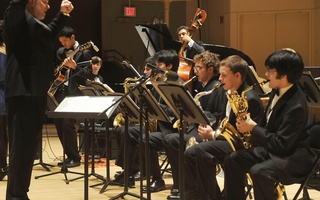 McBee, Bassist, Traces His Roots
McBee, Bassist, Traces His Roots -
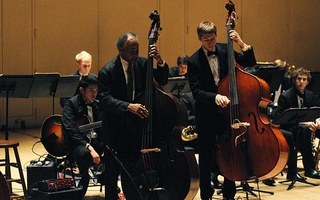 A Fitting Tribute
A Fitting Tribute -
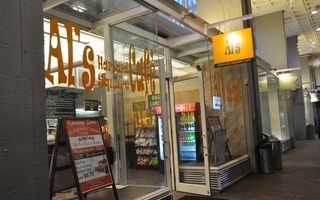 Al’s Café, a New Sandwich Shop, Opens in Holyoke Center
Al’s Café, a New Sandwich Shop, Opens in Holyoke Center -
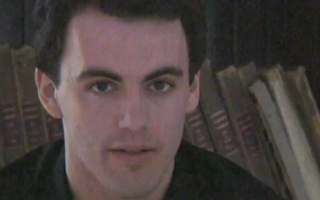 David H. Miller ’11
David H. Miller ’11 -
Jeff ZuckerAlmost exactly 25 years ago, Jeffrey A. Zucker ’86 was in the middle of his graduation ceremony at Mather House when he received a phone call. It was NBC.
-
Hooking Your Dream GuyI go on many dates, often with other people, and I’d like to help you become as successful as I am in the world of finding true love.









